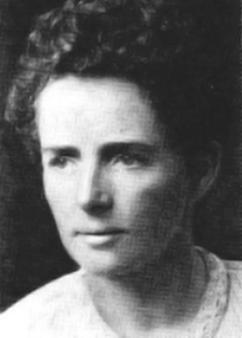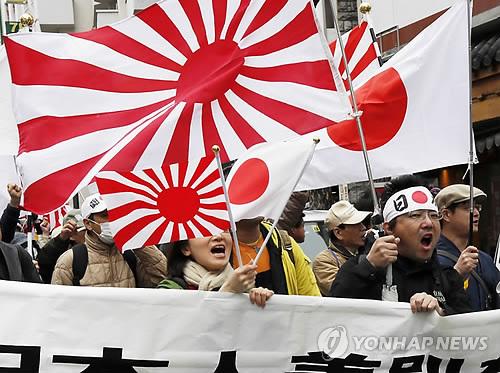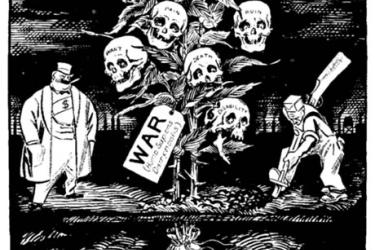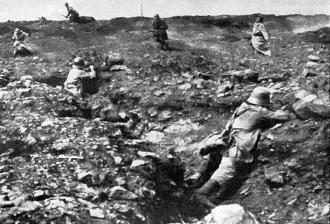antiwar
1916: Use workers’ power to end the war

Japan: Government statement marking 70 years since WWII end is deceitful

"The Abe administration is composed of and supported by extreme rightists who are trying
40 years after Vietnam's liberation: Okinawa's forgotten war

April 30, 1975: a North Vietnamese tank rolls through the gate of t

Socialists and World War I: Turn the imperialist war into a civil war
It has been a hundred years since the outbreak of the First World War.
(Updated Jan. 13) Socialists condemn 'Charlie Hebdo' massacre, warn of Islamophobia in its wake

Vigil in Sydney on January 8, 2
When Karl Liebknecht said ‘no’ to World War I

Karl Liebknecht.
September 4, 2014 – Socialist Alliance, posted at Links International Journal of Socialist Renewal – The follow
Comment: Prospects for an anti-war/solidarity movement in Ukraine and Russia

Anti-war protest in Chernivtsi, western Ukraine, July 23, 2014.
Responding to capitalist global disaster: World War I and today

The following talk was delivered to the US International Socialist Organization's Socialism 2014 conference in Chicago, June 28, 2014.

